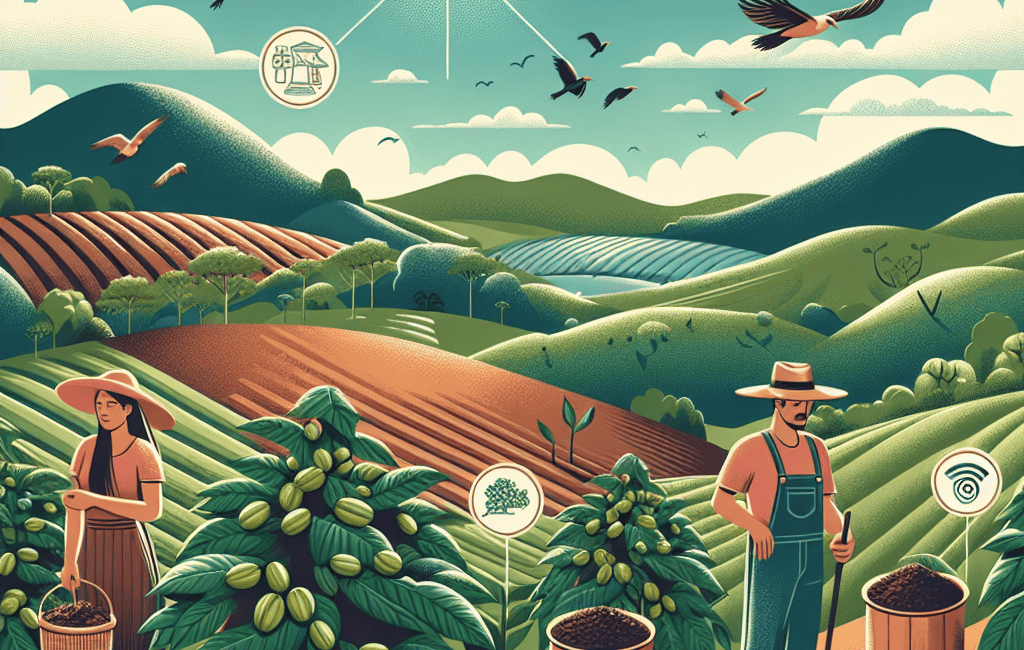
Sustainable Coffee Farming: What Consumers Need to Know
Coffee is one of the most beloved beverages worldwide, enjoyed by millions each day. However, the journey from bean to cup involves a complex web of farming practices that can have significant environmental, social, and economic impacts. As consumers, it’s crucial to understand sustainable coffee farming and how our choices can promote a healthier planet.
What is Sustainable Coffee Farming?
Sustainable coffee farming refers to agricultural practices that are environmentally sound, socially equitable, and economically viable. This approach aims to minimize negative impacts on the environment while ensuring fair treatment and compensation for farmers.
Key Principles of Sustainable Coffee Farming
- Environmental Stewardship: Sustainable farms often employ techniques that protect biodiversity, maintain soil health, and conserve water resources.
- Fair Trade Practices: Many sustainable coffee brands adhere to fair trade principles, ensuring that farmers receive fair wages and work in safe conditions.
- Community Support: Sustainable coffee farming often involves investing in local communities, providing education, healthcare, and infrastructure support.
Why Should Consumers Care?
By choosing sustainably sourced coffee, consumers can make a positive impact in several ways:
- Promoting Biodiversity: Sustainable farming practices protect wildlife habitats and promote biodiversity, which is crucial for a healthy ecosystem.
- Supporting Farmers: Every cup of sustainably sourced coffee contributes to fair wages and better living conditions for farmers, helping lift communities out of poverty.
- Reducing Environmental Impact: Sustainable methods often use fewer chemicals and promote organic farming, which reduces pollution and conserves natural resources.
How to Choose Sustainable Coffee
Finding sustainable coffee can be easier than you think! Here are a few tips:
- Look for Certifications: Certifications such as Fair Trade, Rainforest Alliance, and organic can help you identify sustainable coffee brands.
- Research Brands: Many coffee brands provide information about their sourcing practices on their websites. Look for transparency in their supply chain.
- Ask Questions: Don‘t hesitate to ask your local coffee shop or roaster about their sourcing practices. Knowledgeable staff will be happy to share information.
Conclusion
Sustainable coffee farming is not just a trend; it’s a necessity for the future of our planet and the people who depend on it. As consumers, we have the power to drive change through our purchasing decisions. By supporting sustainable coffee, we can enjoy our favorite beverage while contributing to a healthier and more equitable world.


